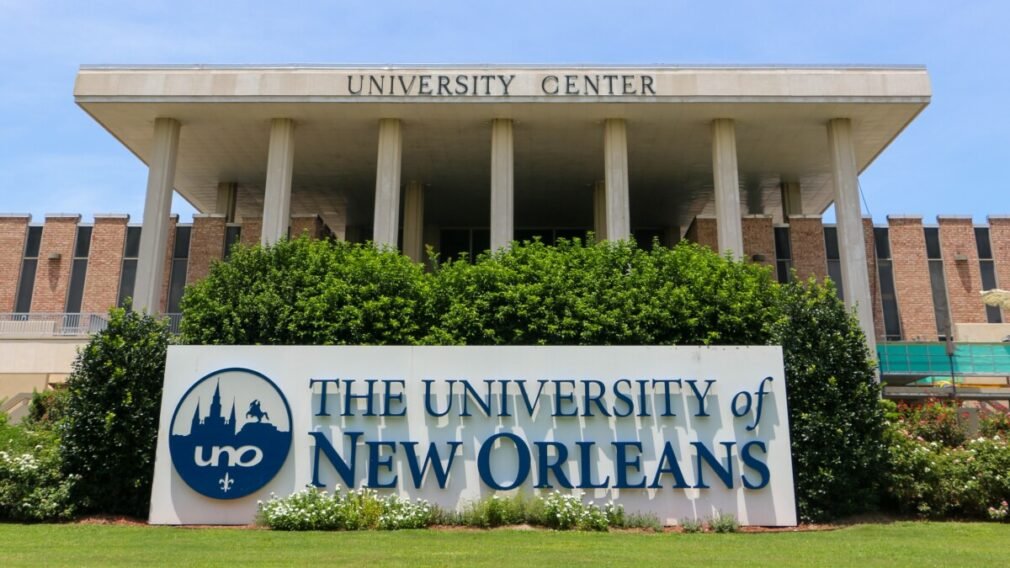Former New Orleans Guard Confesses to Point-Shaving Scheme
Cedquavious “Dae Dae” Hunter, a former guard for the University of New Orleans, has publicly admitted to manipulating the outcomes of college basketball games.

In his first public comments since being declared permanently ineligible by the NCAA, Hunter confirmed that he participated in a point-shaving conspiracy to secure gambling profits. The admission details how he and his teammates intentionally underperformed on the court to influence betting lines, motivated by personal financial struggles.
The Mechanics of the Fix
Hunter provided a specific account of how he altered his gameplay to ensure specific betting outcomes. The manipulation did not involve throwing the game in an obvious manner, but rather a calculated effort to miss shots while appearing to compete. He described the strategy as a balancing act, stating his goal was “make a couple and miss a couple.”
In an interview with Good Morning America, Hunter explained that he would execute plays with the outward appearance of effort but with the internal intent of failure. “I’d go out there and I’d do my best shooting the ball, but not actually trying to make it,” he stated.
This specific form of performance manipulation occurred across seven games during the last season. Hunter worked alongside teammates Dyquavian Short and Jamond Vincent to execute the plan. He noted that the group felt extremely confident in their control over the game’s statistical flow, estimating they were “95 percent” sure they could “get the job done” for the bettors involved.
Financial Pressure and “Fast Cash”
The motivation behind the conspiracy was purely economic. Hunter described himself during that period as “money hungry” and in search of “fast cash.” The scheme, which reportedly promised the players a total of $5,000, was viewed as a necessary solution to immediate life changes.
Hunter revealed that the birth of his newborn child created a financial urgency that his status as a student-athlete could not meet. He cited a lack of income from the university as the primary catalyst for his decision. “The school wasn’t paying me money,” Hunter explained, “so I was trying to get money to actually take care of my child.” This admission highlights the financial vulnerability of athletes in lower-tier collegiate programs, where Name, Image, and Likeness (NIL) money is often scarce compared to major conferences.
Obstruction and Aftermath
When the NCAA initially launched its investigation into betting irregularities, Hunter attempted to derail the inquiry. He admitted to lying directly to investigators, denying any knowledge of the plot despite being a central participant. “I told them I didn’t know anything, but the whole time, I knew. I knew everything,” he confessed. He explained that his deception was a calculated risk, as he believed he could “get my way out of it” by feigning ignorance.
Following the permanent ban that ended his collegiate career, Hunter expressed regret for his actions. He framed his current public stance as a warning to others, specifically his own child. He stated that his message to his son would be clear: “Don’t do what Daddy did. Don’t follow my steps and don’t do the same thing I did.”
Recommended
